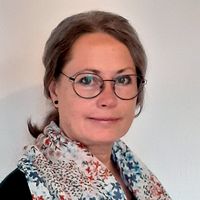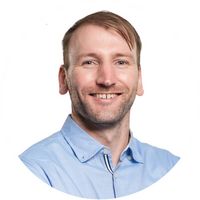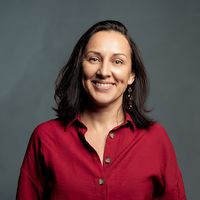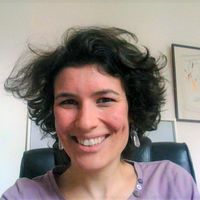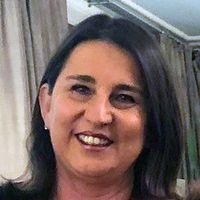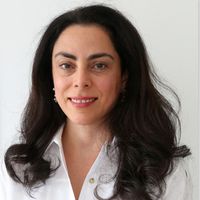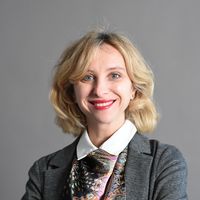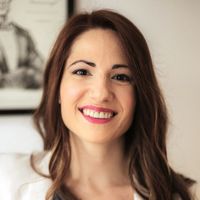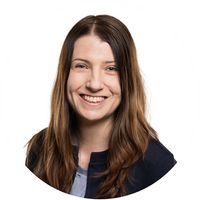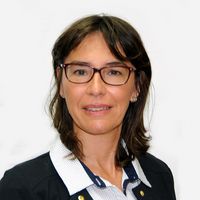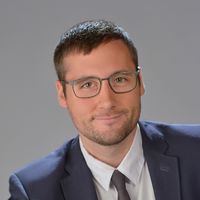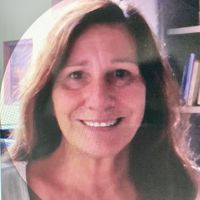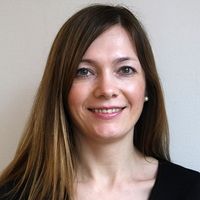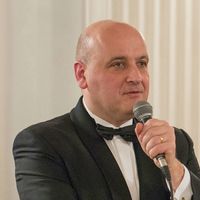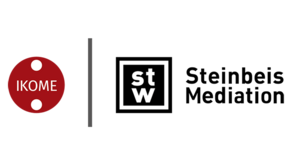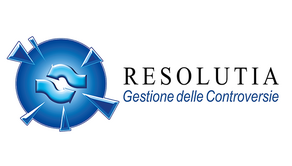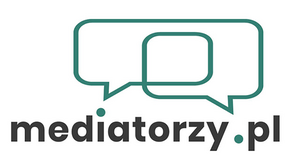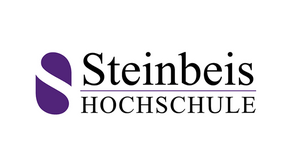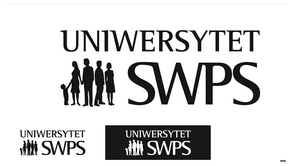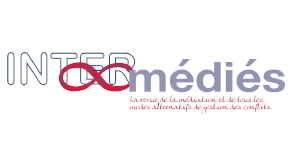Welcome and Presentation of the InMEDIATE Project (with Jonathan Barth and Verena Reinecke)
09.00 am – 09.45 am
InMEDIATE is a project funded by the European Union through the Erasmus Plus funding programme 2014-2020 and was developed by a partnership of 7 organizations from Germany, Italy and Poland. The aim of the project ist to establish a European vocational profile for an “International Mediator“. After 30 months the project is coming to a close in March 2023. As an outcome a training curriculum for mediation practitioners was designed, implemented and delivered providing a comprehensive set of certified qualifications, enabling trainees to act as international mediators in cross-border civil disputes. Our conference sets the final point for our project, presenting project results and especially introducing you to our Replicability Toolkit. This toolkit contains the curriculum, content and methods of the training course and will be publicly available.
Presenters
Jonathan Barth studied International Management Science with a focus on personnel and service management at the University of Leipzig. He has worked as a project manager for Steinbeis Mediation on several EU projects focussing on mediation in cross-border conflicts and has published several articles and books on online mediation in the cross-border setting.
Jonathan Barth is a business mediator and business coach. He is responsible for the strategic development of the Steinbeis Mediation as well as for international projects. He lives and works in Leipzig, Germany.
Verena Reinecke has graduated in Eastern Slavonic Studies, English and History. She has gained professional experience in designing and implementing educational projects, in the organisation of intercultural exchanges (especially in Great Britain/Finland/Vietnam and Ukraine) and as a trainer and consultant. Verena Reinecke is a trained business mediator, systemic consultant and facilitator and is working as education manager, mediator and trainer at Steinbeis Mediation. She lives and works in Leipzig, Germany.




